Nutrition for Pregnancy
Nutrition for Women
Nutrition for Pregnancy
Make sure you and your baby get the best nutrition by eating a variety of healthy foods. Making healthy food choices and staying active not only supports your baby’s development but also promotes your own well-being throughout pregnancy. See below how you can utilize your WIC food benefits to purchase and prepare nourishing meals and snacks.
Importance of Nutrition During Pregnancy
Nutrition means eating a balanced diet to fuel your body with essential nutrients like carbohydrates, fats, proteins, vitamins, minerals, and water. During pregnancy, nutrition becomes even more important. You will need increased amounts of these nutrients to support your baby’s growth to make sure both of you gain a healthy amount of weight. Choosing healthy foods daily is key to meeting these needs.
Special Nutritional Needs for Pregnancy
The top four nutrients you will need during pregnancy are: Folic Acid, Iron, Calcium, and Vitamin D.
- Folic Acid: is a B-vitamin that may help prevent neural tube defects. You will want to aim for 600mcg per day from foods and or vitamins. Folic acid is not typically met though foods alone so you may likely need to supplement, speak with your doctor about supplementation.
Sources provided by WIC: Leafy green vegetables, Fruits, Enriched breads and other grain products, and Dried beans.
- Iron: is crucial for your baby’s growth and brain development. During pregnancy, your blood volume increases, requiring more iron for both you and your growing baby. Aim to consume 27 mg (milligrams) of iron daily.
Sources provided by WIC: Iron fortified breakfast cereals and breads, lentils, White beans, Kidney beans, Spinach and Peas.
- Calcium: is a mineral, a nutrient essential in small amounts to maintain overall health. It’s the most abundant mineral in your body. Getting enough calcium during pregnancy can lower your risk of pre-eclampsia, a serious condition that causes sudden high blood pressure. Calcium also helps develop your baby’s bones and teeth. Aim to consume 1,000mg for pregnant women and 1,300mg for pregnant teenagers.
Sources provided by WIC: Milk, Cheese, Yogurt, Kale, Broccoli, Bok Choi, Soy milk, Breakfast Cereals and Tofu.
- Vitamin D: is important to your body because:
– Supports the absorption of calcium for building your baby’s bones and teeth.
– Your muscles require vitamin D for movement.
– Your immune system uses vitamin D to combat bacteria and viruses.
Aim to consume 600IU (International Units) for pregnant women.
Sources provided by WIC: Milk, Cereal, Yogurt, Egg yolks.
Speak with your doctor about being prescribed a prenatal vitamin to ensure you are reaching your nutrition requirements.
Pregnancy Eating Guide
Creating well balanced meals is easy when you use MyPlate. Find your healthy eating style by choosing a variety of foods to include fruits, vegetables, whole grains, protein, and dairy. All of these food groups are included in your monthly food package to help you find your healthy eating style.

Sample Menu
When creating meals and snacks, include various colors, variety of foods, and ensure to include foods from all food groups: Fruit, vegetables, grains, dairy and protein.

Breakfast
Grain: Whole wheat toast
Fruit: Sliced banana
Protein: Eggs
Dairy: Glass of milk
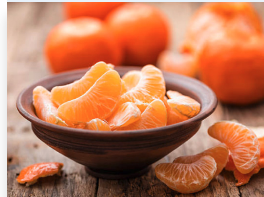
Morning Snack
Protein/Dairy:
Whole milk, greek plain yogurt
Fruit: Orange slices
Drink: Water

Lunch
Protein: Chili with Beans
Grain: Corn bread or whole wheat tortilla
Veggie: Sweet potoato
Dairy: Shredded cheese
Drink: Water
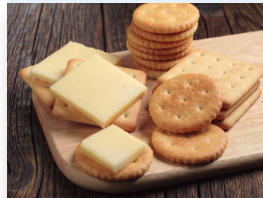
AFternoon Snack
Protein/Dairy: Sliced Cheese
Grain: Whole wheat crackers
Fruit: sliced apples
Drink: Water

Dinner
Protein: Chicken or Tofu
Grain: Brown rice
Veggies: Carrots and Broccoli
Dairy: Parmesan cheese
Drink: Water
Food and Drink Safety During Pregnancy
Food safety is crucial not only during pregnancy but also for ensuring the long-term health of you and your family. Click below for information on which foods are safer to consume and which are more likely to cause food poisoning from the CDC.
Three Most Common Food Born Illnesses
During pregnancy, your body focuses most of its energy on growing the baby, so it’s important to be cautious about food choices and preparation. Also, since your baby’s immune system isn’t fully developed, food poisoning can pose a serious risk to them.
The risk can be minimized by good hygiene and food handling practices and avoiding high risk foods.
Listeria: Can contaminate food and cause listeriosis which is a flu-like infection. In pregnancy this infection can be passed on to the baby and can cause:
– Miscarriage
– Stillbirth
– Premature birth.
Listeria infection can be reduced by following these tips:
– Avoid refrigerated, ready to eat foods that may have been stored for long periods.
Example- Premade salads
– Ensure good hygiene and clean utensils when preparing food.
– Thoroughly wash raw vegetables and fruit.
– Avoid foods such as pâté, cold cooked chicken and deli meats such as ham and salami unless reheated to high temperature.
Salmonella- can cause nausea, vomiting, diarrhea and fever. In pregnancy this infection can be passed on to the baby and can cause:
– miscarriage.
– birth defects.
– premature birth.
Salmonella infection can be reduced by following these tips:
– Avoid eating raw or undercooked eggs and eggs with cracked shells.
– Avoid eating raw sesame seeds.
– Avoid ready to eat products such as tahini, halva and hummus.
Toxoplasmosis- Most people infected with the parasite do not have symptoms. Some people can get flu-like symptoms. This infection can cause brain and eye damage in the baby. In pregnancy this infection can be passed on to the baby and can cause:
– miscarriage.
– birth defects.
– premature birth.
Toxoplasmosis infection can be reduced by following these tips:
– Thoroughly cooking your meat.
– Washing your vegetables.
– Avoid handing cat litter. If unable to avoid wear gloves and a mask.
– Wear gloves when gardening or handling soil.
Making Safe Choices
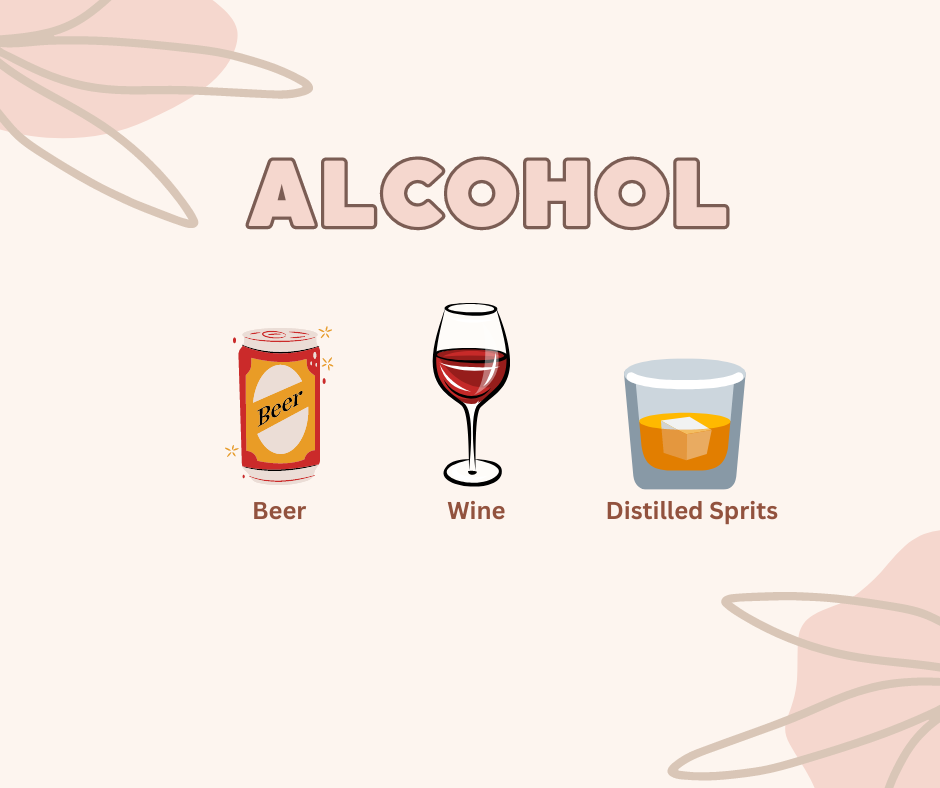
Pregnant women and women who may become pregnant should not drink alcohol. Drinks that have alcohol include beer, wine, liquor, mixed drinks, and malt beverages. No amount of alcohol is safe for your baby when you are pregnant. Talk with your doctor if you are thinking about drinking alcohol.
Caffeine is a stimulant found in many foods and beverages. It is also found in some prescription and over the counter medications. Caffeine’s main effect is making people feel more awake for a short time. Large amounts of caffeine can increase blood pressure, heart rate, and can lead to dehydration. Caffeine goes from you to your baby through the placenta. While your body can manage the caffeine you consume, your baby lacks the enzymes to process it. Talk with your doctor about what caffeine intake that is safe for you.
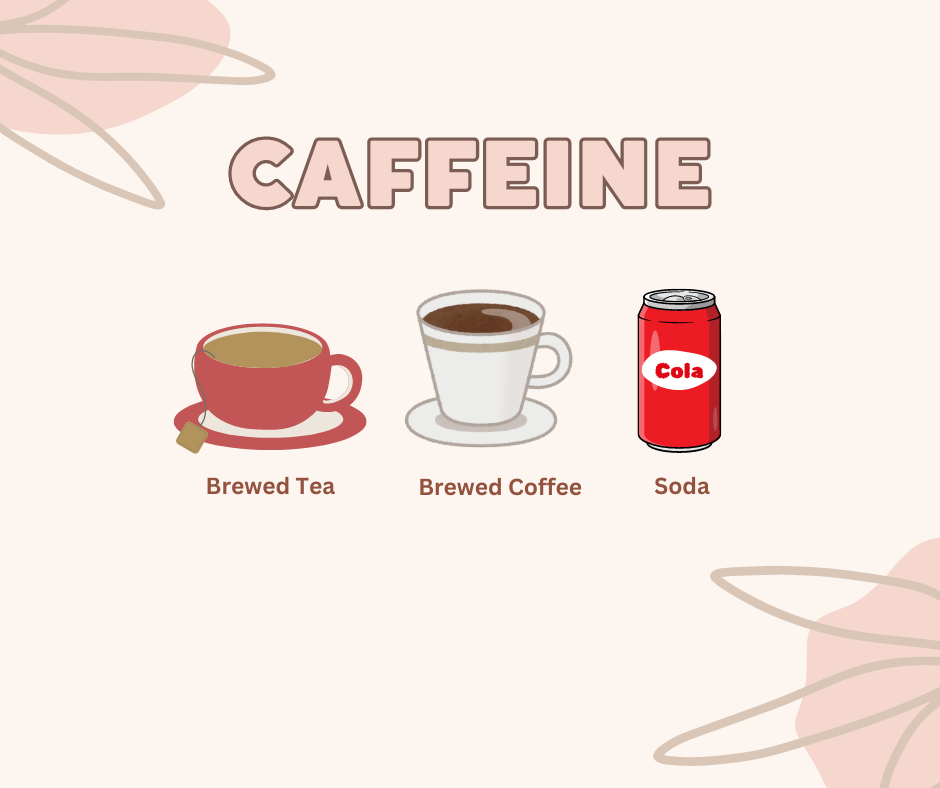
What foods and beverages contain caffeine?
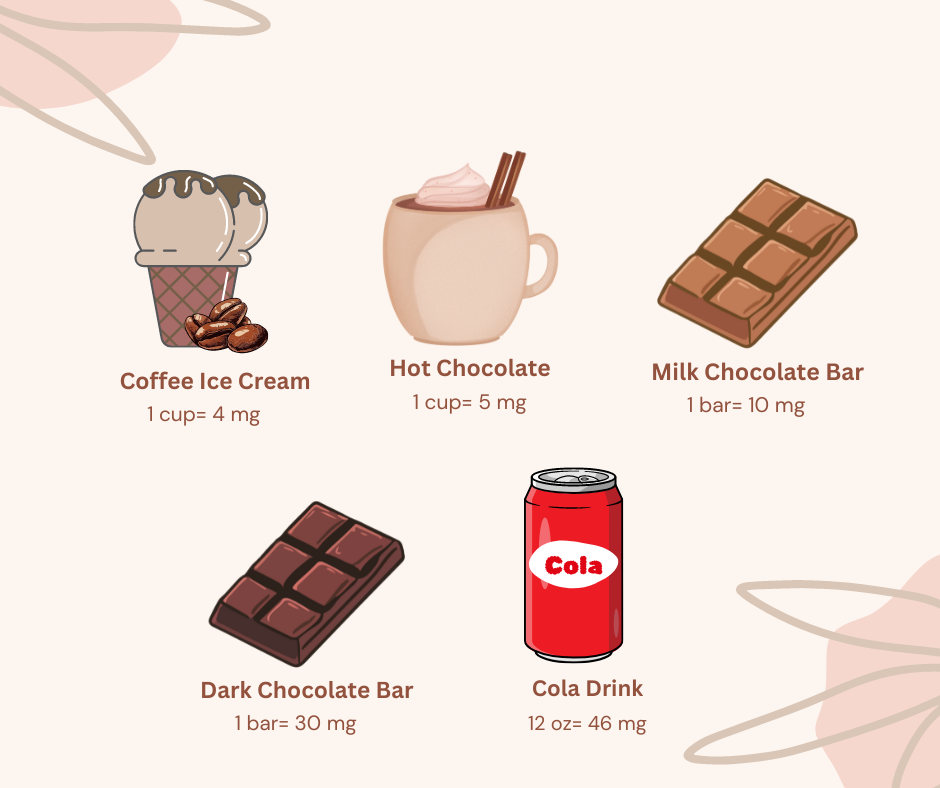
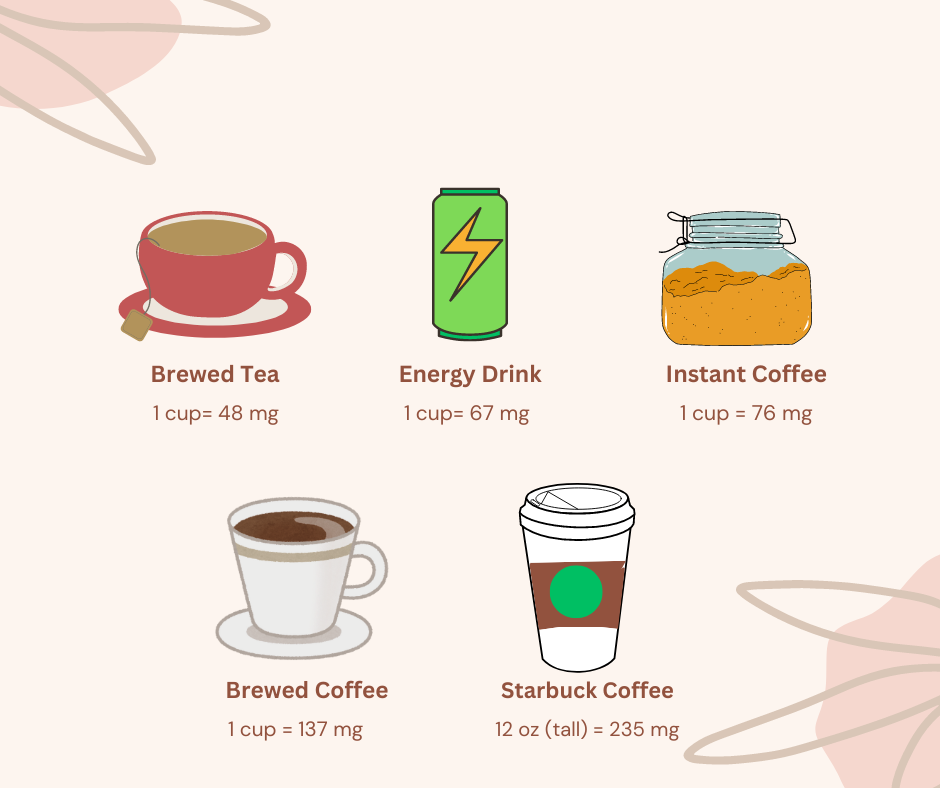
How much caffeine is safe to consume?
Less than 200 mg caffeine, or about 1-2 of coffee is considered safe to consume while pregnant. Coffee intake of more than 200 mg daily may increase risk of miscarriage, preterm birth, or low birth weight.
Coffee Levels
Low-200 mg or less
Mild- 200-300 mg
High – More than 300 mg
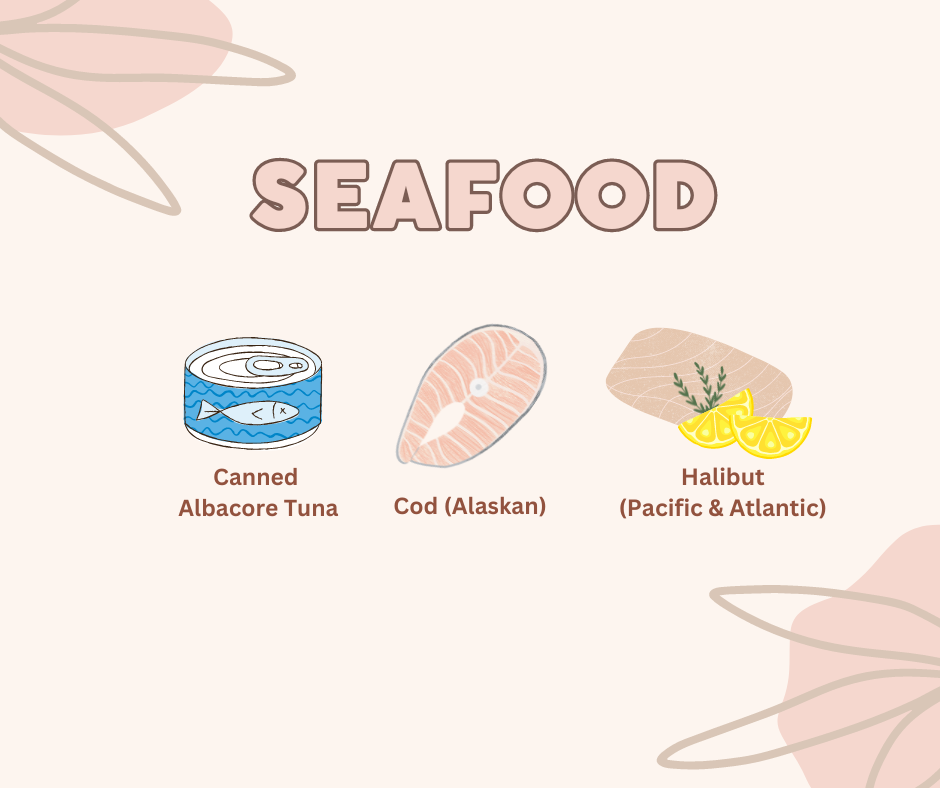
It’s important to choose the right fish when you’re pregnant. The FDA recommends that pregnant or soon-to-be pregnant women eat more fish because it provides essential nutrients like heart-healthy Omega-3s (EPA & DHA), protein (all 10 amino acids), and important vitamins and minerals (B6, B12, D, iron, niacin, potassium, selenium, and thiamin). These nutrients support healthy development of the fetus, infant, and child. However, fish with high levels of mercury can harm the baby’s developing brain and nervous system during pregnancy. Mercury can accumulate in the mother’s bloodstream and pass to the baby through the placenta. Talk with your doctor about how much mercury intake that is safe for you.
Click below for FDA’s guidelines on eating fish while pregnant.
